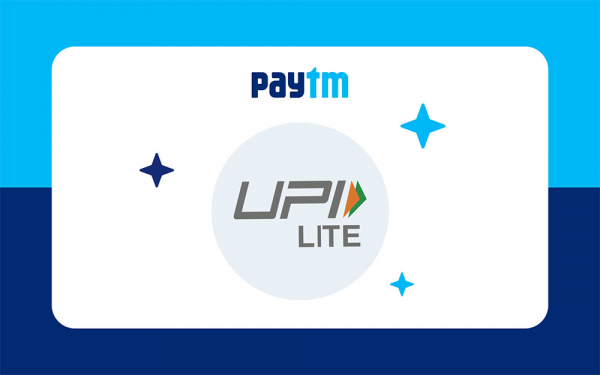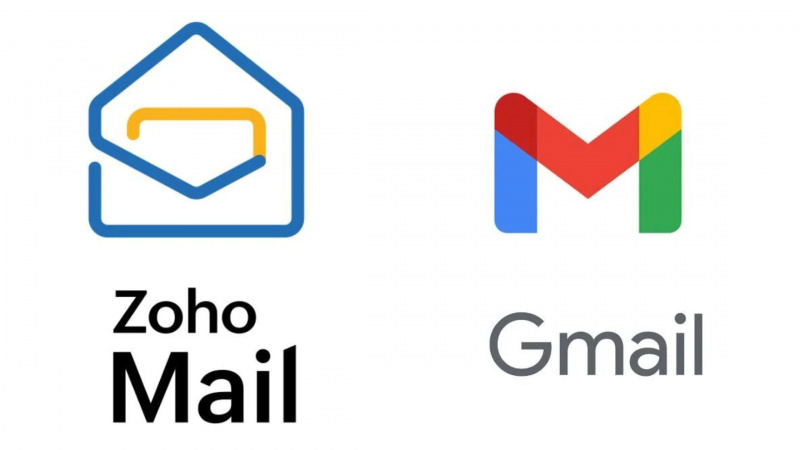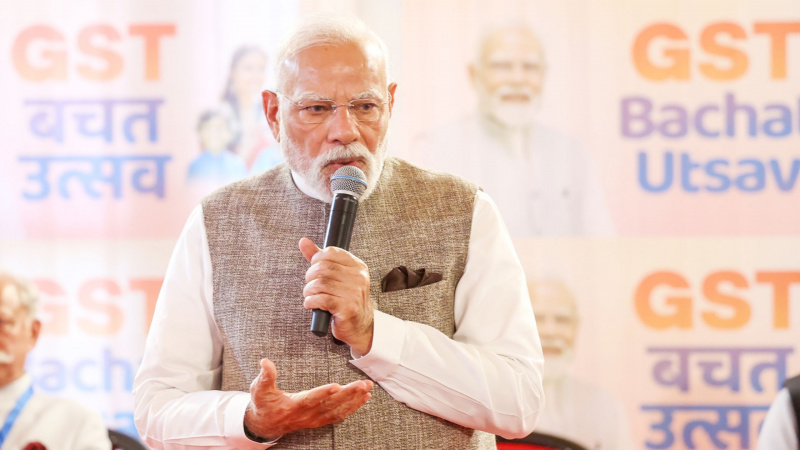Paytm gets a third-party license from NPCI. What does this mean for you?
This way, users can link their bank accounts with Paytm (similar to what they do with apps like PhonePe, etc.) and still access the UPI functionality that is ro
- by B2B Desk 2024-03-15 06:54:59
On March 14, the National Payments Council of India (NPCI) granted troubled fintech Paytm a third-party application provider (TPAP) license, just a day ahead of the closure of its Paytm Payments Bank (PPBL) arm.
The Reserve Bank of India (RBI) had directed PPBL to wind down services from March 15 after it was subjected to regulatory scrutiny due to non-compliance with KYC norms and other mandatory processes.
The license therefore comes as a big relief for Paytm, whose share price touched 5% in the upper circuit on March 15.
So what does this mean for customers? While PPBL wallet, deposits, credit transactions, and FASTag recharge services are halted from March 15, you can now use the Unified Payments Interface or UPI function.
What Does Third-Party License Mean?
According to a statement from NPCI, four banks - Axis Bank, HDFC Bank, State Bank of India, and YES Bank - shall act as payment system provider (PSP) banks for One97 Communications, the parent company of PPBL.
This way, users can link their bank accounts with Paytm (similar to what they do with apps like PhonePe, etc.) and still access the UPI functionality that is routed through banks.
Additionally, the statement said that YES Bank has been named as the acquiring bank for all @paytm handles. This means that all users with '@paytm' accounts will see their UPI transactions redirected to YES Bank.
Paytm has been directed to complete this migration of all existing identifiers "as soon as possible", the statement added.

Data from NPCI website showed that Paytm recorded 1.41 billion monthly transactions worth INR 1.65 trillion in February this year, up from 1.57 billion transactions worth INR 1.93 trillion of INR in January. The app sees the majority (around 75 percent) of its gross merchandise value (GMV) being derived from in-app UPI transactions.
What about the PPBL?
Previously, PPBL held the TPAP license, which meant that unlike its competitors PhonePe, Google Pay, and Cred, Paytm did not need a separate license for payment features.
The Reserve Bank of India (RBI) said on February 24 that it had directed NPCI to review One97 Communication's application for TPAP on the Paytm app.
Payment service providers are required to obtain a TPAP license from NPCI to operate UPI services and facilitate merchant transactions through partner banks, as per existing regulations. Currently, twenty-two entities, including Amazon Pay, Google Pay, Mobikwik, PhonePe, and WhatsApp, have a TPAP license.
As per the RBI mandate, PPBL will suspend services such as deposits, credit transactions, and FASTag recharges from today.
This is what is still affected by the closure of PPBL
Deposit Funds: Customers will no longer be able to deposit funds into their PPBL accounts from March 15 onwards. Likewise, the approval of salaries, direct transfers of benefits or subsidies through PPBL accounts will also be stopped.
Withdrawal and transfer of funds: Customers will be able to continue withdrawing and transferring funds from their PPBL accounts. Additionally, partner banks will process refunds, earnings and refunds.
Wallet functionality: Customers will not be able to use the recharge and transfer features of their PPBL wallets after March 15. They will be allowed to use existing wallet funds for transactions and payments.
FASTag Recharge: Customers will not be able to recharge FASTags issued by PPBL. Paytm FASTag users should purchase a new one issued by another bank at the earliest to ensure a hassle-free travel experience and avoid hassles at toll plazas, the National Highways Authority of India (NHAI) said in an advisory.
NCMC Cards: Customers will also not be able to recharge or top up money on National Common Mobility Cards (NCMC) issued by PPBL.
Also Read: TikTok ban in US: What House Bill says? Impact on users | Explainer
POPULAR POSTS
The Agentic Revolution: Why Salesforce Is Betting Its Future on AI Agents
by Shan, 2025-11-05 10:29:23
OpenAI Offers ChatGPT Go Free in India: What’s Behind This Big AI Giveaway?
by Shan, 2025-10-28 12:19:11
Zoho Products: Complete List, Launch Years, and What Each One Does
by Shan, 2025-10-13 12:11:43
Arattai vs WhatsApp: Which Messaging App Should You Choose in 2025?
by Shan, 2025-10-10 11:55:06
Top Buy Now Pay Later (BNPL) Apps for Easy Shopping in 2025
by Shan, 2025-09-22 10:56:23
iPhone 17 Sale in India Begins: Full Price List, Launch Offers and Store Availability
by Shan, 2025-09-19 12:00:45
Apple September 2025 Event Recap: iPhone 17, iPhone Air, Apple Watch Series 11, and India Pricing Revealed
by Shan, 2025-09-10 09:55:45
RECENTLY PUBLISHED

Loan EMIs to Drop as RBI Slashes Repo Rate - Full MPC December 2025 Highlights
- by Shan, 2025-12-05 11:49:44

Pine Labs IPO 2025: Listing Date, Grey Market Premium, and Expert Outlook
- by Shan, 2025-11-05 09:57:07

Top 10 Insurance Companies in India 2026: Life, Health, and General Insurance Leaders Explained
- by Shan, 2025-10-30 10:06:42

Best Silver Investment Platforms for 2025: From CFDs to Digital Vaults Explained
- by Shan, 2025-10-23 12:22:46

Zoho Mail vs Gmail (2025): Which Email Platform Is Best for Businesses, Startups, and Students?
- by Shan, 2025-10-09 12:17:26

PM Modi Launches GST Bachat Utsav: Lower Taxes, More Savings for Every Indian Household
- by Shan, 2025-09-24 12:20:59




 Subscribe now
Subscribe now 